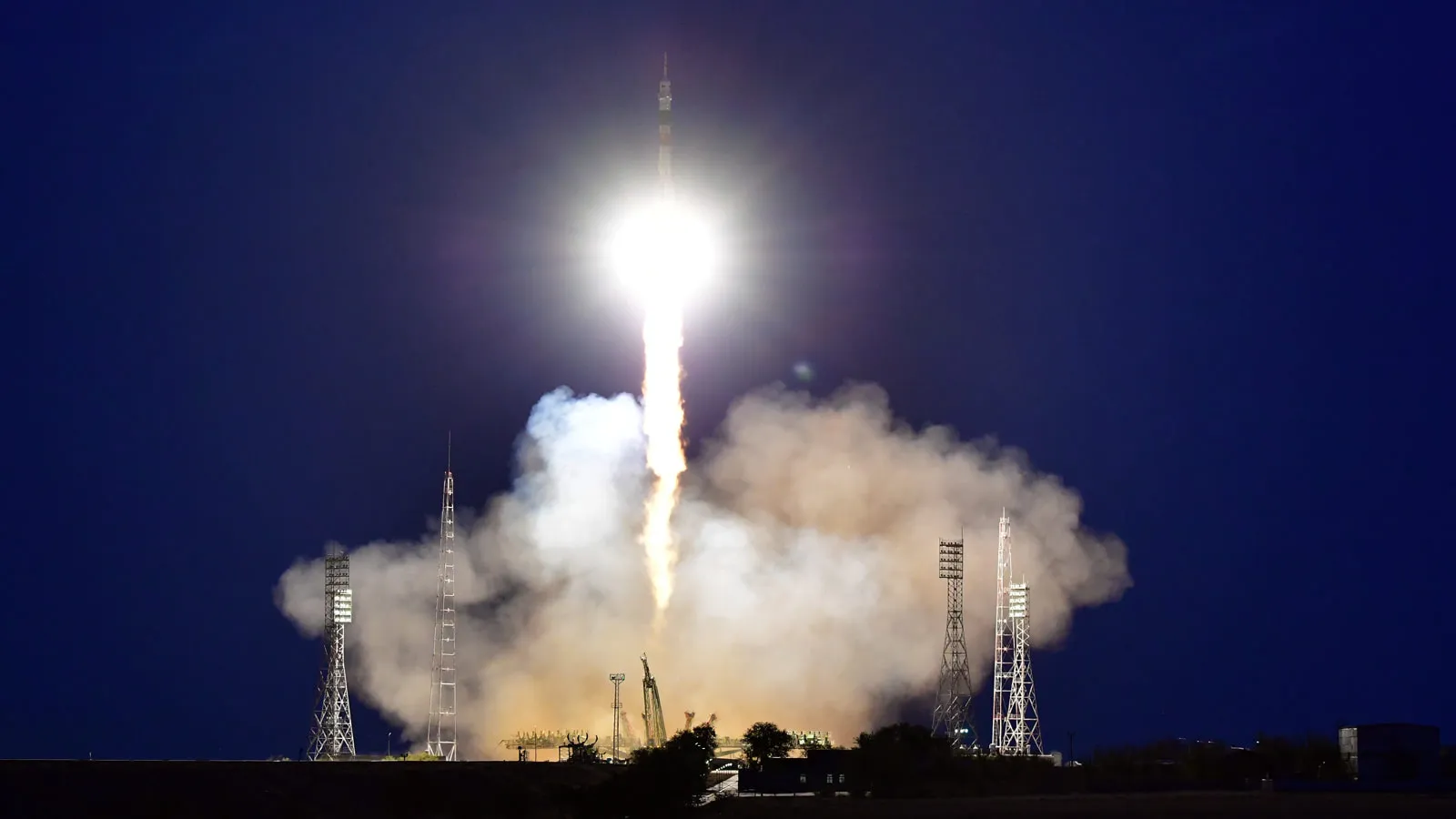Hello meat lovers! In vitro meat innovator Aleph Farms has taken the saying 'one small step for man and one giant leap for mankind' to a whole new level. The startup has succeeded in producing slaughter-free meat on the international space station (ISS), 339 km away from any natural resources, in one of the most extreme environments imaginable. Let's get you up to speed.
Didier Toubia, Co-Founder and CEO of Aleph Farms says that the project — a collaboration with 3D Bioprinting technologies (RUS), Meal Source Technologies (US) and Finless Foods (US) — is a “keystone of human achievement” that “marks a significant first step toward achieving our vision to ensure food security for generations to come, while preserving our natural resources.” Put differently, this could have huge implications for the future of our food production.
How does it work?
The beef is produced under highly controlled conditions that mimic the natural process of muscle-tissue regeneration found in cows. 3D bioprinting technology is applied to replicate this process, resulting in the production of nutritious steaks made from in vitro meat cells. This method uses minimal resources and drastically diminishes the need for livestock, water and land.
What are the wider implications?
In September of this year an intergovernmental panel report on climate change, established by the UN, highlighted the hugely damaging effects of animal farming methods on the environment. Indeed, it takes 2,400 gallons of water to produce 1 pound of beef, and runoff from factory farms and livestock is one of the leading causes of pollution in rivers and lakes.
Moreover, in the US alone, 56 million acres of land are used to grow feed for animals, while only 4 million acres produce plants for humans to eat. Here we clearly see the huge potential for change when the resources needed to produce meat are dramatically decreased.
This could be a revolutionary possibility for feeding the world’s ever-increasing population - set to reach 10 billion by 2050. This development proves nutritious food can be created anywhere and in the most unlikely of environments. With land disappearing due to rising sea levels and desertification, the possibility of growing food in space could be a gamechanger.
What’s next?
Now we know it's easy to get wrapped up in the excitement of space travel and imagining future solutions for rapidly increasing climate change. However, these technologies may also be essential for addressing current issues on earth where arable land and water is already scarce. Could Aleph farms’ breakthrough provide nutrition for populations that already suffer from food shortages?
Indeed, while technologies of this kind work to ensure future food security, we should consider how they can be implemented as a solution for present day food shortages in areas of the world where a lack of food is not a distant, science-fiction nightmare but a daily reality.


Comments (0)
Share your thoughts and join the technology debate!
No comments yet
Be the first to share your thoughts!